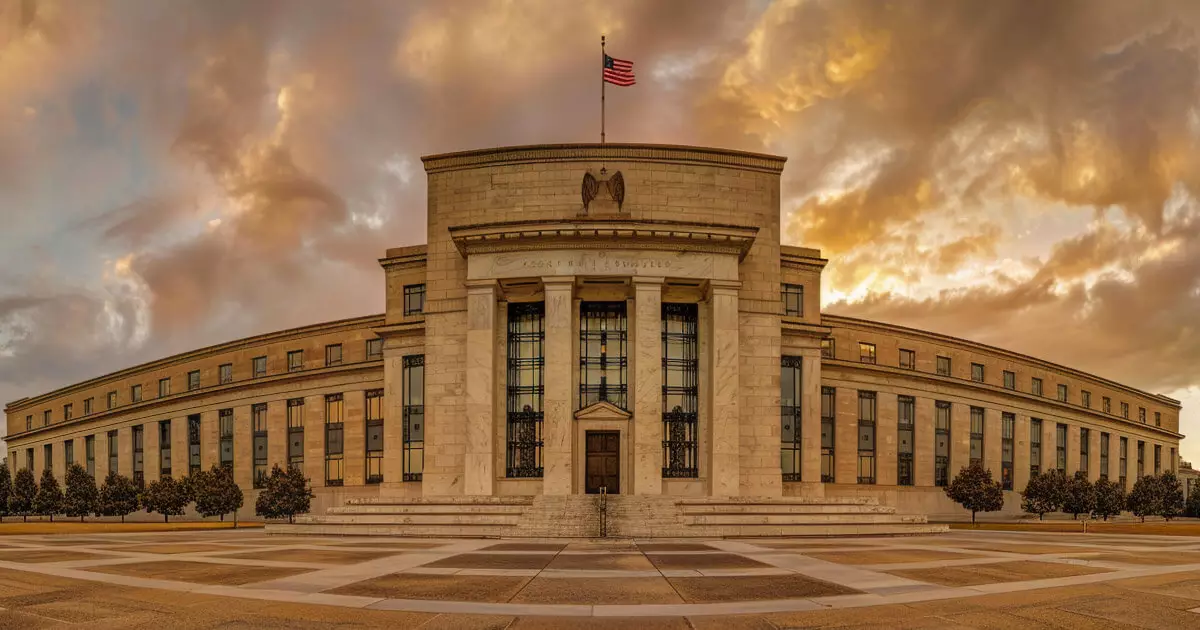In recent developments, Caitlin Long, the CEO of Custodia Bank, has bravely lifted the veil on what appears to be the Federal Reserve’s insidious anti-crypto posture. While the Fed releases seemingly progressive modifications in its guidance, it is critical to understand that these changes are superficial at best. The rescinding of restrictive policies serves primarily as a public relations effort to assuage growing concerns in an evolving financial landscape. What remains intact—a prohibitive policy first instituted in January 2023—reads like a stealthy tactic favoring larger banks while systematically sidelining innovative technological disruption.
Regulatory Framework: A Manipulative Shield for Big Banks
The ongoing restrictions placed on banks regarding cryptocurrencies and stablecoins speak volumes of the Federal Reserve’s true intentions. By blocking banks from holding cryptocurrencies, even in the context of minor transaction fees, the Fed effectively establishes a chokehold on any potential engagement from smaller financial players. Long emphasizes that while the Fed has pivoted superficially, it intentionally shackles banks from fully leveraging their resources in the crypto domain. This is a glaring red flag; it sends a chilling message to innovative startups and smaller firms, suggesting they will have to play on an uneven field, laden with regulatory hurdles that their larger competitors are better positioned to navigate.
The Dangers of Centralized Control Over Blockchain
The push for private, permissioned blockchain solutions is not just a nudge but rather a forceful shove towards centralization. Long and Senator Cynthia Lummis highlight an unsettling reality: an industry dominated by major financial institutions, whose interests are starkly misaligned with public good and innovation. Rather than adopting decentralized solutions that promote equitable access and democratization of financial tools, the Fed is fostering a closed ecosystem. This reinforces the power of a few large banks while leaving small players and ordinary citizens without a seat at the table.
Voices of Resistance: A Call for Accountability
Both Long and Lummis present a clarion call for accountability, targeting the Federal Reserve’s insufficient claims of regulatory reform as mere lip service. Their insistence on transparency is not just commendable; it is essential. It is evident that reputational risk warnings have become a crutch for the Fed, effectively stalling broader, more inclusive engagement with Bitcoin and other cryptocurrencies. This strategy is not merely shortsighted; it is a blatant disregard for the accelerating shift in how financial transactions are being conceptualized in the digital age.
The Echoes of Trump’s Missed Opportunity
Despite attempts during former President Donald Trump’s administration to advance a more crypto-friendly legislative environment, the prevailing winds still favor restraint rather than innovation. The tangled web of regulatory influences remains strong, often featuring past architects of restrictive measures who continue to shape the narrative around cryptocurrencies. The road ahead may require vigilance, as the Federal Reserve seems unwilling to fully embrace the blockchain revolution that holds the potential for economic empowerment for a significant part of the population. Citizens and innovators alike must recognize the threats posed by such regulatory inertia or risk being sidelined in an inevitable financial evolution.

